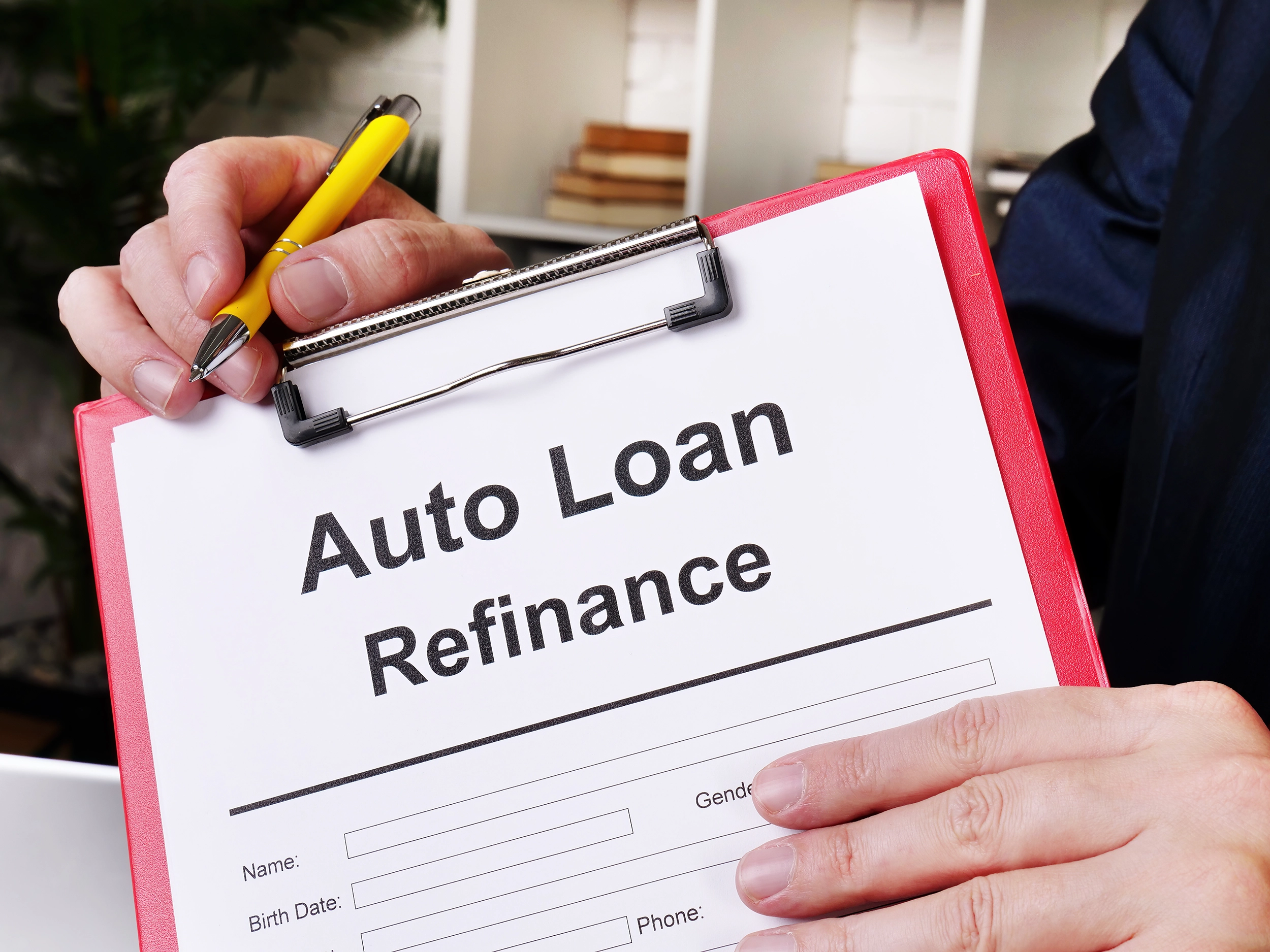Buying a car, whether it is brand-new or new to you, can be an exciting time. And, it’s one of the biggest purchases you will ever make. But, often when the time comes to buy a car, we accept the interest rate and term the seller offers, sign on the dotted line, and don’t think twice.
Refinancing your car for a lower interest rate or better loan terms is an option that only about 12% of car buyers have ever used. This is unfortunate because the benefits can be pretty far-reaching. In this article, the team at RateWorks is happy to share what you will want to know about refinancing your car and prepayment penalties tied to your initial loan.

What Are Prepayment Penalties and How Can They Affect Refinancing a Car?
Let’s start by talking about prepayment penalties, as this might be a big reason why people don’t refinance their vehicles. A prepayment penalty is a fee that your existing auto loan lender may charge if you pay off your loan before the end of the scheduled loan term. This could happen if you refinance the loan, sell the car, or make a large payment to reduce your balance significantly.
Lenders impose these penalties as a way to recover some of the interest they would lose if the loan is paid off early. They are most commonly included in loans with longer terms or lower initial interest rates to protect the lender's financial interest.
For example, if you secure a lower rate and refinance your loan, but the penalty costs 2% of your remaining balance, the potential savings from refinancing may shrink. On average, this penalty can add up to hundreds of dollars, depending on the size of your loan and the remaining balance. Knowing this fee upfront is super important when deciding whether refinancing is the right choice for your situation.

Strategies to Avoid Prepayment Penalties When Refinancing Your Car
Here’s the thing—you can avoid prepayment penalties. However, to do so, this often means avoiding them with your initial car loan. It’s important to remember that not all lenders charge prepayment penalties, so you’ll always want to read the fine print.
That said, let’s go over what you can do to make sure a prepayment penalty doesn’t eat away at your anticipated savings from refinancing your car.
Choose a lender that doesn’t impose penalties
Research your options when selecting a lender. Some lenders specifically advertise car loans without prepayment penalties. Ask questions about the loan terms to confirm you won’t be charged for paying off the balance early. Know that if you are purchasing your car through a dealership, they often have several different lenders that they can work with you to offer you the best loan terms.
Time your refinancing to minimize costs
If a penalty is based on your remaining balance, waiting until closer to the end of the loan term may reduce the amount you owe in fees. Carefully calculate the penalty versus the savings from refinancing to determine the best timing. In some cases, you may find it more cost-effective to stick with your original loan.
Negotiate with your current lender to waive penalties
Speak with your lender to see if they will waive the prepayment penalty, especially if you have a strong repayment history. While not all lenders will agree, it’s worth asking before refinancing to avoid unnecessary charges.
Save Money by Refinancing Your Auto Loan with RateWorks
Not that you know what you need to know about prepayment penalties, the obvious question is—how soon can I refinance my car? And the answer is that you can typically refinance your auto loan 30 to 90 days after you take out your initial loan. So, if you are ready to save some money, take a look at your existing loan agreement to identify any prepayment clause, calculate the costs of your refinance, and get a free quote from RateWorks. Let’s see how much you can save today!












